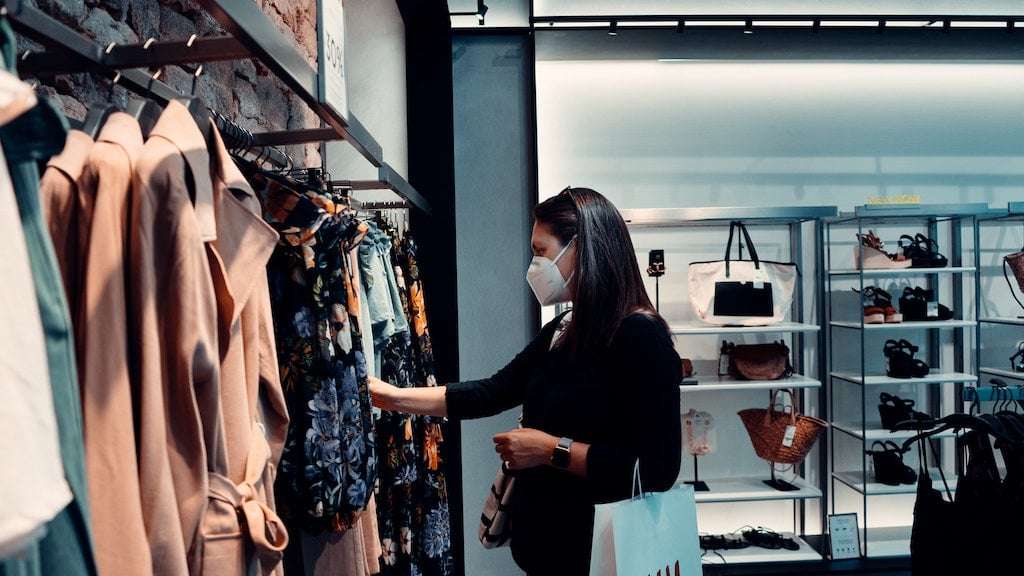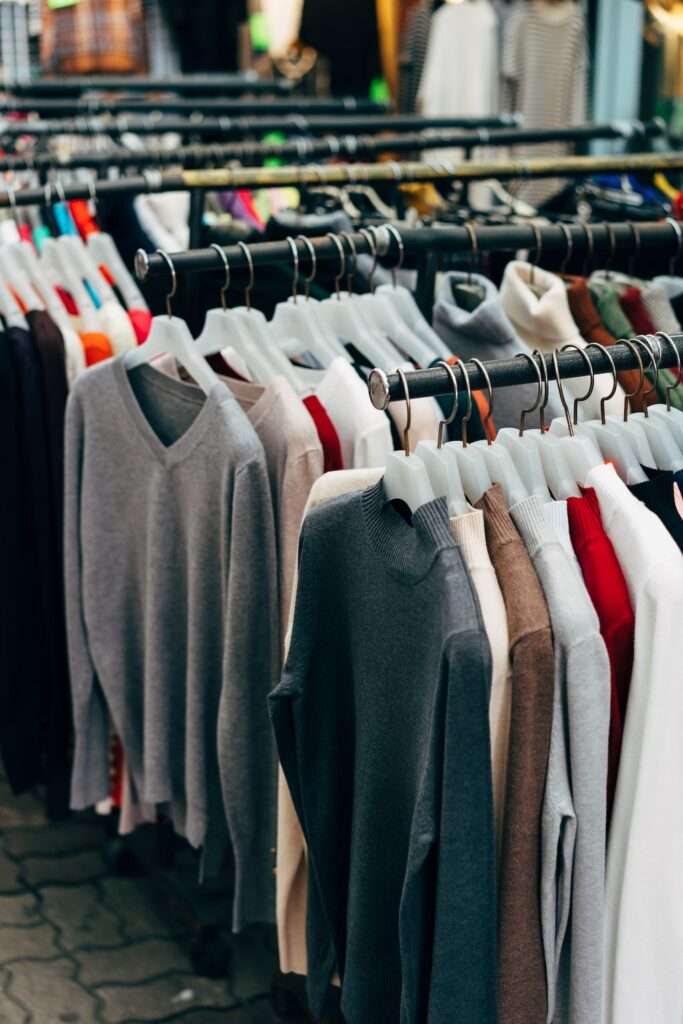Online marketplace Mercari’s 2023 Reuse Report sheds light on the significant growth in the resale market, predicting a massive boom in the category with sales doubling by 2031 to $325 billion.
The new report, compiled in conjunction with leading retail analytics firm GlobalData, provides an incisive look into the various consumer trends and factors bolstering the resale market’s expansion.
“It’s a transformative time for resale, with nearly nine in ten consumers planning to shop secondhand in the coming year,” John Lagerling, CEO of Mercari U.S., said in a statement.
Despite current economic ambiguities, the report highlights the impressive growth rate in the secondhand market segment. It underscores the change in consumer behaviors, with over half of the American population now considering secondhand shopping as part of their lifestyle.

Key factors spurring this change include cost-effectiveness, sustainability, and the allure of unique items. The resale market, with this rising tide of shoppers opting for secondhand items, is projected to experience a significant 87 percent growth surge, reaching a noteworthy $325 billion by 2031.
“We’re seeing an uptick in Gen Z and millennials taking part in the circular economy, largely due to their commitment to sustainability and interest in discovering one-of-a-kind items,” Lagerling said. “As more consumers are entering the reuse ecosystem across generations, we anticipate that secondhand will become the first choice for many shoppers.”
The 2023 Reuse Report also highlights the untapped revenue potential for consumers in the resale market. The report says the average American household has about 161 unused items, which can be turned into approximately $4,267 per year through resale. This figure, when extrapolated to a nationwide level, represents nearly $560 billion worth of unused items.
“This is a pivotal moment for the circular economy as 212 million Americans, or 82 percent of the adult population, shopped secondhand last year, up from 197 million people in 2021, either motivated by the desire to earn extra income, find things at a lower price or clean out their spaces,” said Neil Saunders, Managing Director of GlobalData.

The report says a growing interest among Gen Z consumers in the resale market, with 31 percent planning to increase their shopping budgets in the coming year. This demographic is driving the resale revolution, with a significant one in three planning to intensify their secondhand shopping and invest more time on digital resale platforms.
The report also identifies a soaring demand for affordable alternatives, with 37 percent of Americans opting for lower-cost products. Gen Z shoppers, particularly, are choosing cheaper renditions of viral social media trends.
Secondhand items have also found a place as a go-to parenting hack, with kidswear experiencing the highest growth in the resale category.
An increase in men in the resale market signifies a shift in consumer demographics, with menswear now the second fastest-growing category. Physical books are still the most purchased secondhand category, despite the surge in digital reading mediums.
From sold-out tumblers and sought-after gaming consoles to designer bags and collectible trading cards, resale is an incredibly powerful way to discover trends, find inspiration, connect with others over shared interests, and extend the life of millions of items,” Lagerling writes in the report.
“Regardless of what draws them in initially,” Saunders says, “consumers will continue to engage in resale in the next 12 months, both as shoppers and sellers.”
Related on Ethos:



